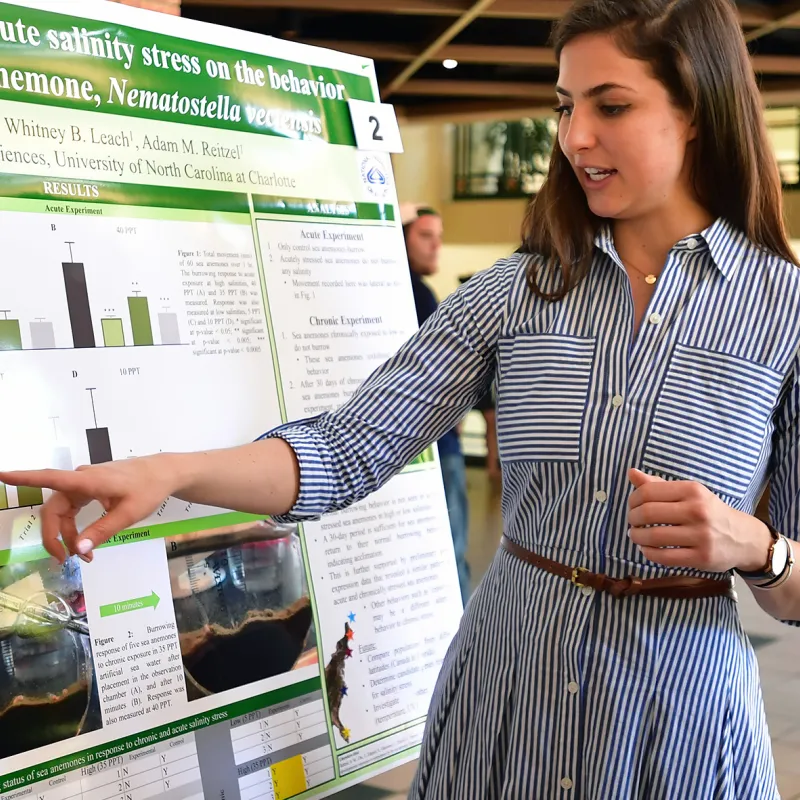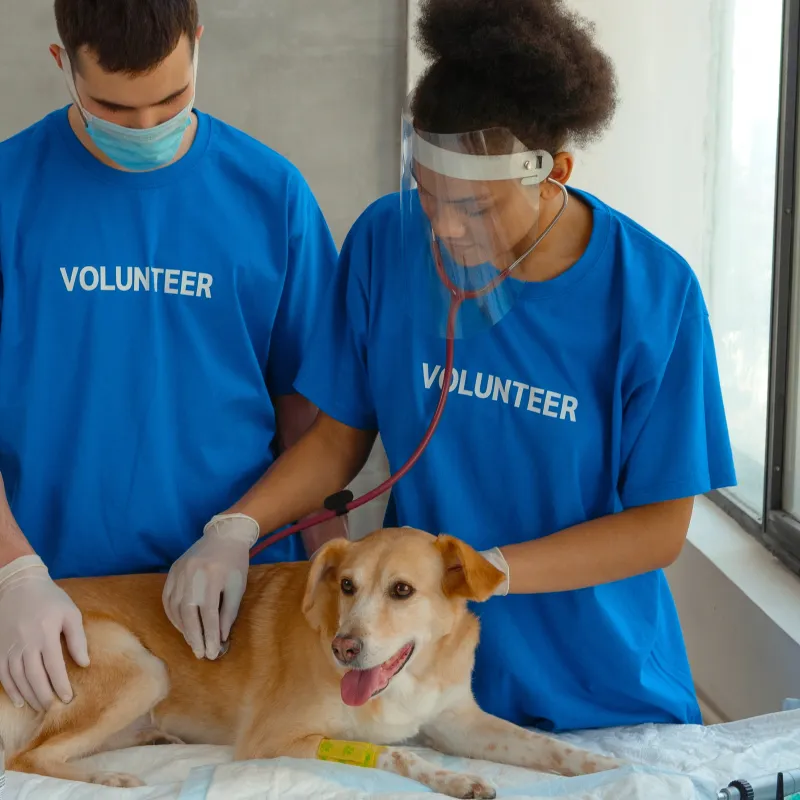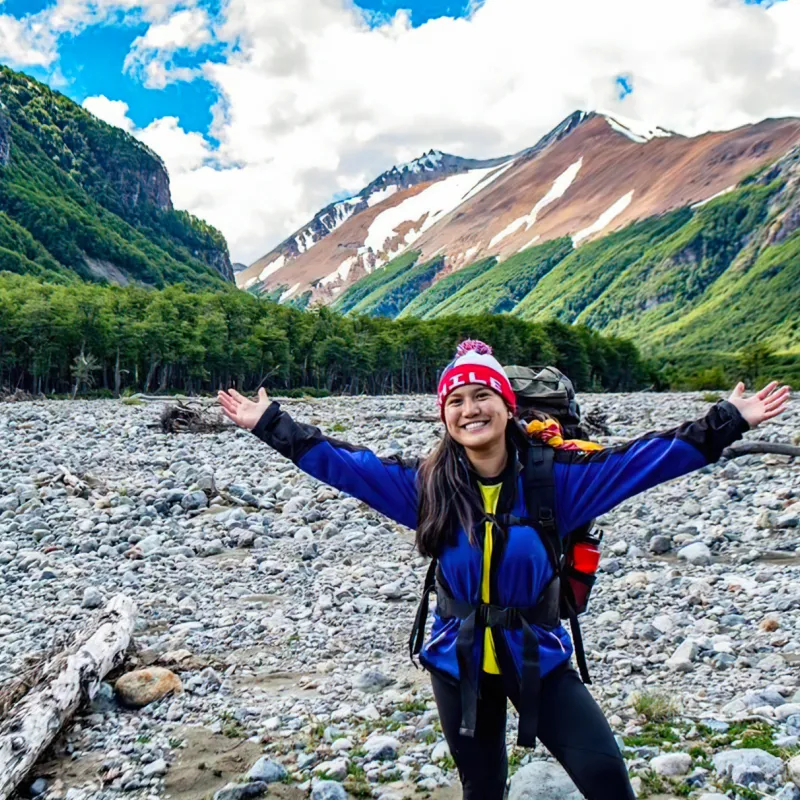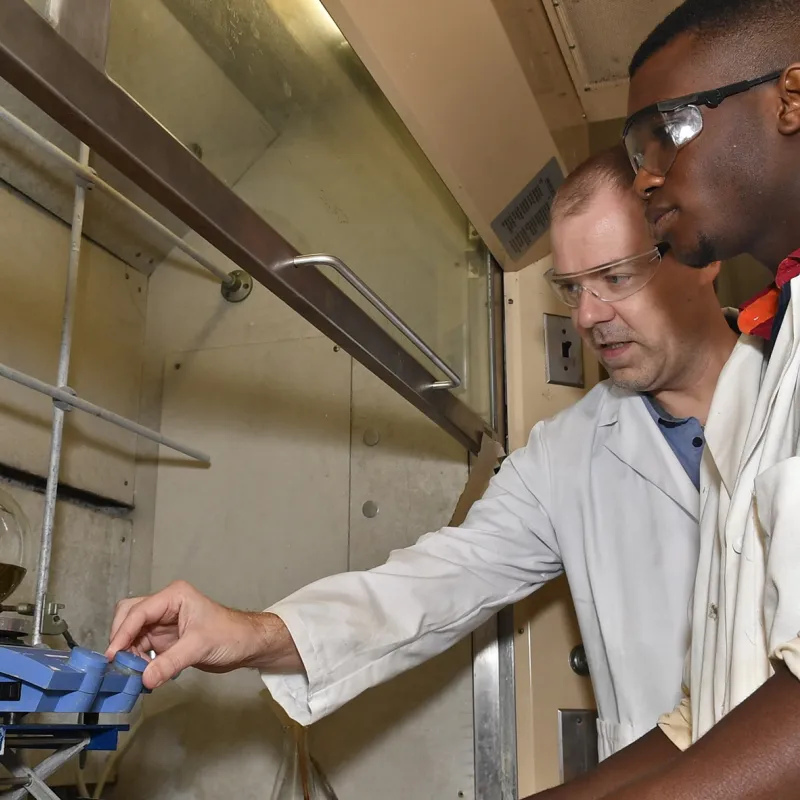Experiences below typically last between 8 - 15 weeks and can range from part-time to full-time hours.

Internships are work experiences in a professional setting that is an extension of the academic experience. They may be found as established programs within a company or something that is co-created between a student and employer. They can be paid or unpaid, have the potential to qualify for academic credit, and typically lasting 8 - 16 weeks each semester with possible extensions. Each industry will require a different set of strategies to explore and land an internship. If you are interested in a traditional internship, we recommend working with a Career Coach on your strategy, joining a Career Community to learn about opportunities, and checking Hire-A-Niner for the most recent listings.

Co-ops are typically full-time paid positions, with an academic component, within a company that spans the course of multiple semesters. There will usually be more training and higher levels of responsibility that with an internship. These experiences will require a commitment to multiple periods of alternating work and full-time classroom study that provide you with up to a year of full-time experience. Co-ops are mostly associated with undergraduate academic programs in engineering and technology.

The Office of Undergraduate Research assists you in identifying mentors and research opportunities in a number of fields. Opportunities can exist on campus with professors or off-campus through a number of grants and programs that exist. Research opportunities present you with a semester long (or longer) opportunity to build your skills, present findings, and network with professionals in your field. Adding research experience to your resume can be very useful if you are preparing for graduate studies or targeting a job or sector that requires deep skills in research.

An experiential approach that combines learning objectives with community service in order to provide a pragmatic learning approach and skills for the future. These are normally integrated into your academic curriculum and give you an opportunity to work with a non-profit or social service group on a class project that engages in reflection activities to deepen understanding of course content through real world applications. Courses are clearly marked if they include a service-learning component. You can also ask your Academic Advisor for more information on courses in this category as it presents great experience that can be highlighted on your resume and LinkedIn profile!

The Office of Education Abroad is a team of dedicated professionals who guide you through the study abroad process, offer resources to help achieve your goals of studying overseas, and connect it to your career profile when you come back. Studying abroad presents you with an opportunity to study, and potentially gain work experience, in another country, attend lectures and network with professionals, and build your language and culture awareness skills that employers are seeking in candidates. These experiences can range between a few weeks up to a year in length and have the potential for academic credit. Make sure to work directly with the Office of Study Abroad.

These are internships on campus! They differ significantly from most other campus jobs in that they are designed to provide professional knowledge and skill development consistent with your major/career goals. Experiences are for undergraduate students only and typically involve working for 10 - 15 hours per week and can last up to two semesters. Most UPIP internships are posted late in the Spring semester for the following academic year. Internship assignments can include human services, technology and data analytics, marketing and social media, business operations, and program management. To get started, make sure you have an approved resume in Hire-A-Niner to begin searching.

The university is a giant business, which means it needs a workforce that includes students to function well. Campus employment can include positions ranging from Federal Work Study, Non-Federal Work Study, UPIP Internships, and Graduate Assistant positions that tend to be a semester or longer in length, and up to 20 hours per week during the Fall/Spring and potentially full time during the summer months. Position functions can be classified into the following categories that can match your career goals and provide ample skills and experience to leverage after college. Categories include: human service, business operations, marketing/communication, program/project management, technology and data, and service.

There are academic programs that, by nature of their field, have semester or longer experiential education "baked" into the curriculum and becomes a requirement to graduate. Programs such as nursing, education, social work, and others will provide you with options like student-teaching, clinical rotations in healthcare, and practicums/internships with site partners. These are experiences to add to your resume and a great way to build your career brand. To learn if your academic program has this type of experience, talk to your Academic Advisor or check out your academic department information online!